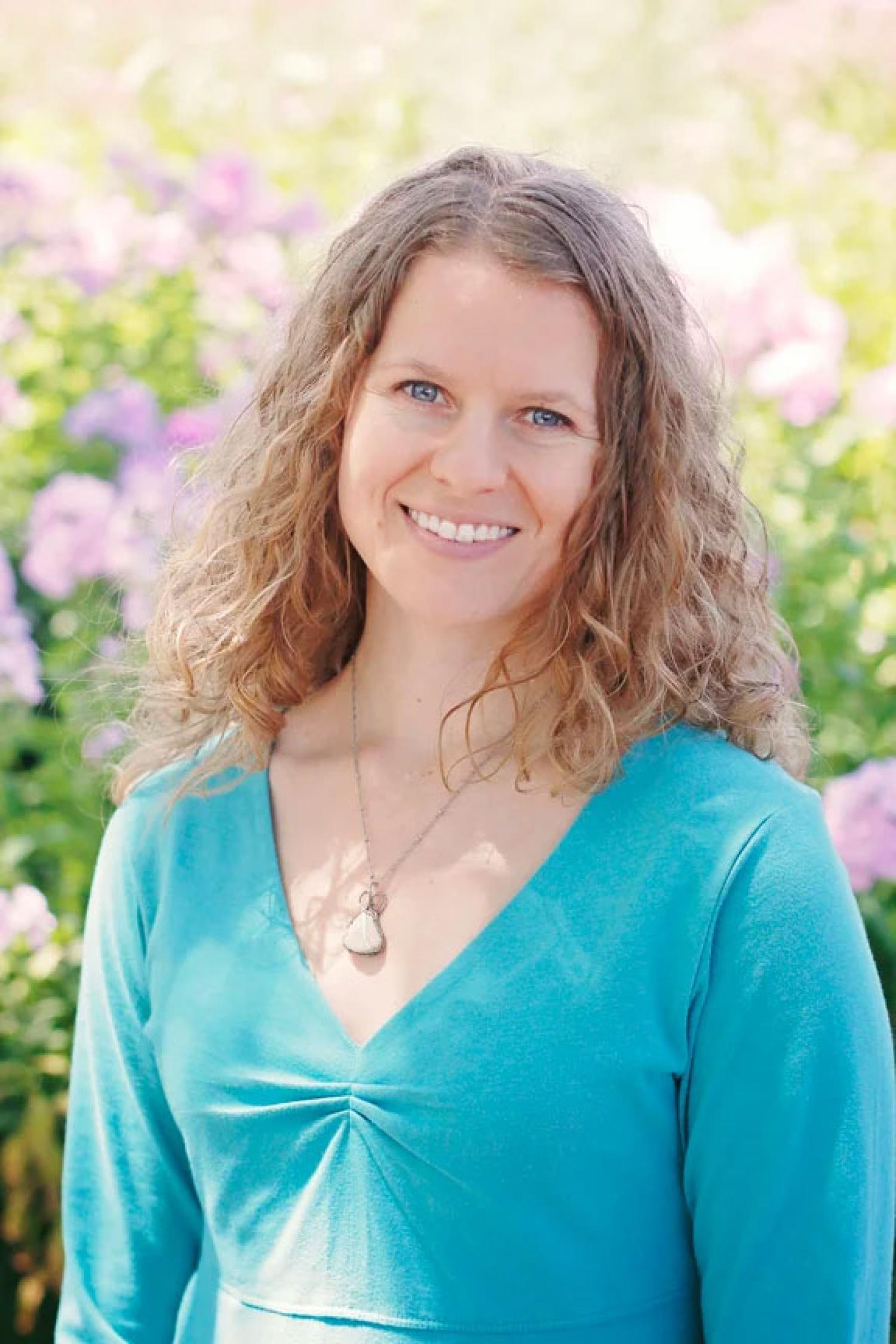The doctor is in: Embedded therapist specializes in graduate students
To ensure graduate students receive the mental wellness support they need, Stacy Gerberich, PsyD, has joined the Graduate School as an embedded therapist with Counseling and Psychiatric Services (CAPS).
Gerberich is one of 13 counselors working directly with students within CU Boulder colleges and schools as part of a campuswide focus on meeting students where they are. Due to so many changes in community dynamics occurring at CU Boulder during the last year and a half, a “one size fits all” approach is no longer practical or relevant.
Gerberich is a licensed clinical psychologist who joined CAPS at CU Boulder’s Graduate School this fall. She received her doctor of psychology degree from Wheaton College in Illinois. Her clinical practice has included Utah State University and a postdoctoral fellowship at the School of the Art Institute of Chicago. She completed her pre-doctoral internship at the University of Rochester with a concentration at the Eastman School of Music.
“In addition to ease of access, another benefit of having a CAPS office in the Graduate School is that it normalizes support for mental health,” Gerberich said. “There is a difference in the mental health needs of graduate students. They are in a different stage of life than undergraduates, who are experiencing away-from-home identity formation for the first time. Graduate students tend to be more secure in their academic paths. A lot of thought has gone into their decision to go to graduate school.”

Gerberich views working with students is as a collaboration between two experts. She believes in developing authentic partnerships with students to empower their personal growth and is committed to creating a safe therapeutic space for everyone.
“I’m the expert in therapy,” she said. “I have a lot of training and experience. My doctoral degree in clinical psychology equipped me to do good work. The grad student is the expert on themselves. I like to say they’ve spent the most time with themselves thinking and feeling and reflecting on what works, so I see our work together as a collaboration. It’s a reciprocal relationship in which we both have roles to play. It’s not just me giving advice, but it’s also not just them talking at me. I will strive to empower that collaborative aspect.”
Every student who comes to CAPS goes through a screening appointment, which consists of a 20-to-30-minute virtual telehealth conversation where CAPS staff members talk to students about their concerns. Together, they build a plan for supporting the student’s needs. Not every student who does a screening will be referred to therapy, however, because not everyone wants or needs therapy. Some graduate students will benefit from process therapy sessions, like the General Graduate Process Group. Some might need to talk to housing and residential life staff about issues they’re having in those areas. Others will be referred off campus for a higher level of care that better fits their needs.
“I would like to invite the Graduate School community to think with me about how we as a campus can see mental health as everyone’s responsibility,” she said. “We get to be innovative and creative about how to do preventive mental health. How do we create strong communities that support each other to create a culture of wellness?”
A further benefit of embedding programs in the schools is that faculty and staff also have access to consultations. A faculty member who is concerned about a student and doesn’t know how to reach out can also consult with Gerberich about available resources. The Let’s Talk drop-in with dedicated hours for more informal consultations is a resource that's available for students, staff and faculty.
Gerberich describes CAPS as a first-stop shop. CAPS might not be the place where students ultimately land for their mental health needs. There are other resources on campus, and the city of Boulder has many mental health service options. Some students might need therapy off campus or need a higher level of care than CAPS can provide. That’s why counselors do a brief assessment with them to talk about their needs. The goal is to find the best fit, which could involve Gerberich or any number of other options.
The university is allocating $1.8 million to support the mental health and wellness needs of undergraduate and graduate students as they continue to navigate the challenges of COVID-19 and other issues unique to their lives and times.
The chancellor has directed funding for this initiative, which includes additional clinical services that will be embedded in colleges and schools. "Funding has been set aside for additional clinical services that will be embedded in colleges and schools, including more counselors," said Jennifer McDuffie, associate vice chancellor of student affairs, who oversees Health and Wellness Services through the Division of Student Affairs to ensure students are receiving the support they need from the university and their schools and colleges.
“The mental health and wellness of our students is one of the top priorities of our chancellor and our leadership,” McDuffie said. “We have created these embedded positions not only to support colleges and schools, but to meet students where they are. Prior to the pandemic we were all here in person. Now, we’re creating spaces and places where we can address what’s happening in the local community because the stressors affecting graduate students may be very different from what’s happening with undergraduates.
“It’s about you needing support and us being there to help,” she said.


